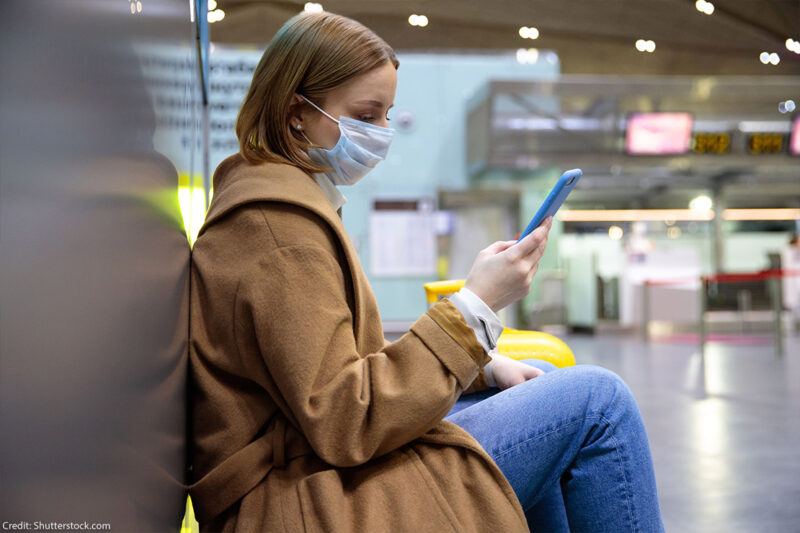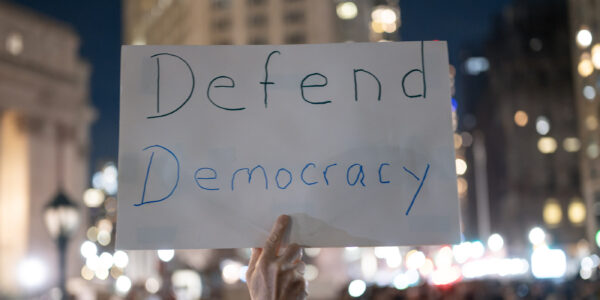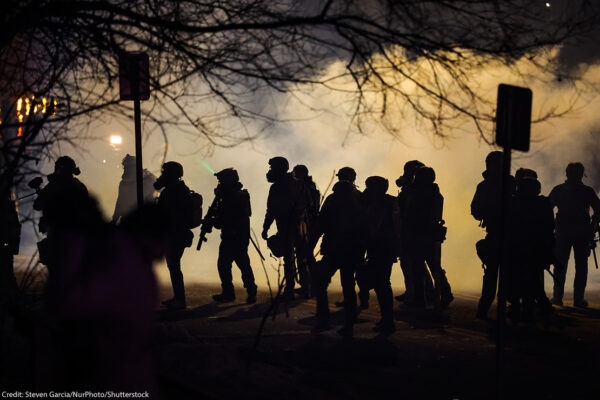A COVID-19 Balancing Act: Public Health and Privacy


Some states are officially loosening their stay at home restrictions, and more will join in the coming months as Americans attempt to inch their way back to pre-COVID-19 life. Some of us will return to work, gather in small groups, and maybe even dine at a neighborhood restaurant.
As we proceed, what will it take to keep us safe and prevent new spikes in infections? Many experts say we won’t be out of the woods until there's a vaccine, but how would a national vaccination plan even work? At the same time, technological solutions are being proposed, especially related to contact tracing, the process by which public health officials can map and anticipate the spread of a virus. Google and Apple, for example, have proposed harnessing our cell phones for contact tracing using Bluetooth proximity detection.
Yet technological solutions raise a whole host of privacy and civil liberties concerns. Throughout history, examples can be found of using health and public safety as a proxy for discrimination, and a thinly-veiled excuse to carry out racist agendas that infringe on civil rights and liberties — especially during times of crisis. As technology continues to outpace the law, how can we ensure its use is unbiased, and truly in the interest of promoting public health?
On the podcast this week, we explored these questions with professor Michele Goodwin, the founding director of the Center for Biotechnology and Global Health Policy at the University of California Irvine School of Law, and ACLU staff attorney Jennifer Granick, who leads our work on surveillance and cybersecurity. You can listen to the episode here.



